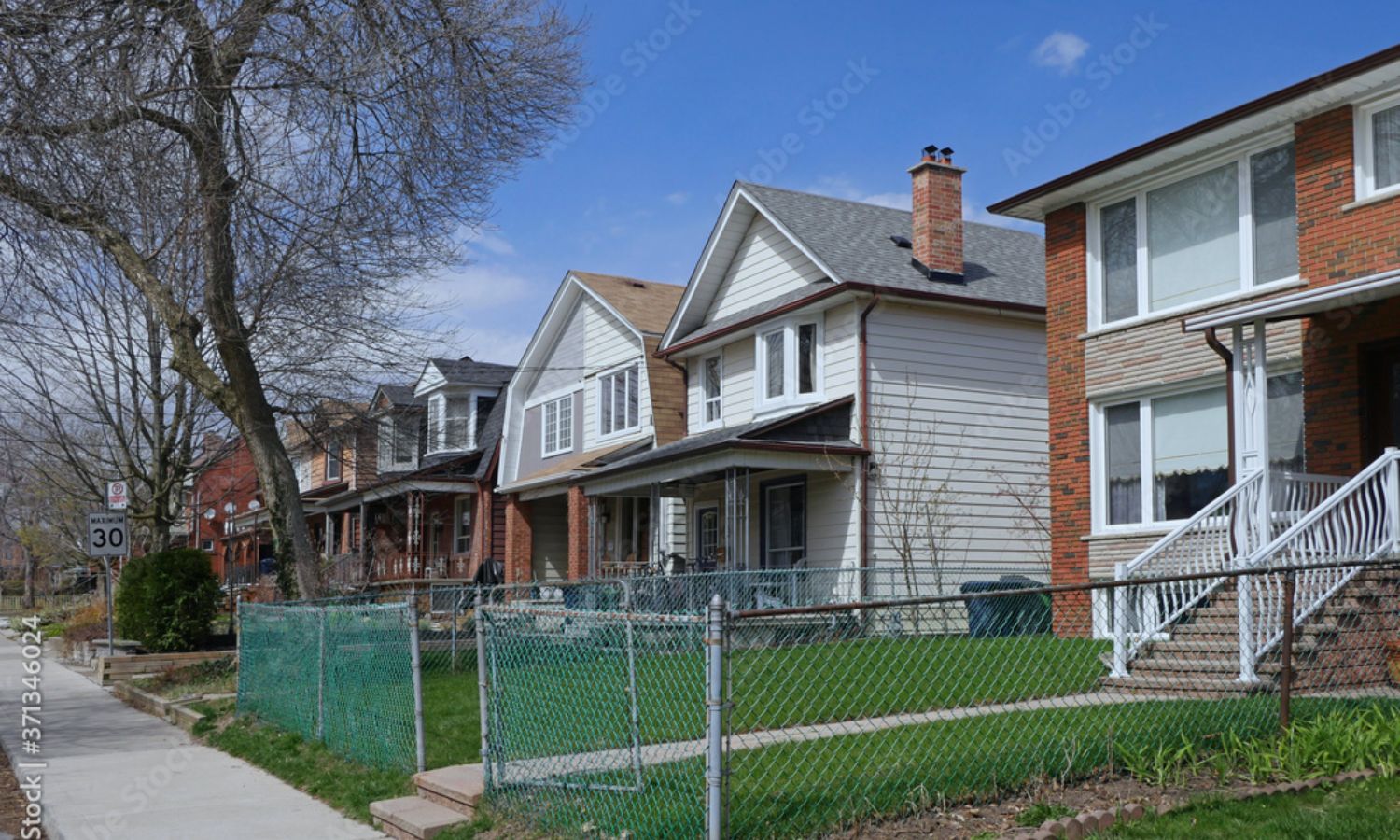Michigan, a state grappling with a lengthy and intricate history of racial segregation and discrimination, continues to face challenges in achieving racial justice and equality. Despite the ongoing efforts of civil rights activists and community leaders, certain cities in Michigan remain deeply divided along racial lines.
Detroit: Leading in Segregation
One such city is Detroit, recently identified as the most segregated city in the United States in a new study conducted by the University of California Berkeley’s Othering & Belonging Institute. The study, titled “The Roots of Structural Racism,” reveals that out of 209 metro areas in the U.S., 169 experienced increased levels of segregation between 1990 and 2019.
The researchers employed a metric known as the Dissimilarity Index, ranging from 0 to 100, indicating the evenness of two groups across a geographic area. A higher score signifies more segregation, while a lower score implies greater integration.
Detroit’s Dissimilarity Index
As per the study, Detroit boasts a Dissimilarity Index of 79.3, the highest among all U.S. metro areas. This figure indicates that 79.3% of either Black or white residents would need to relocate to achieve racial balance.
The study further ranks the Detroit-Warren-Livonia metropolitan area as the fourth most segregated in the country, trailing behind Milwaukee, New York, and Chicago.
Historical Context
The study underscores Detroit’s historical role as a destination for Black Americans from the South during the Great Migration and highlights efforts by city and state authorities to segregate these newcomers into specific neighborhoods. The metro area’s segregation intensified as white residents moved to the suburbs, resulting in Detroit becoming a majority Black city by 1980.
The study also notes Detroit’s enduring challenges, including chronic disinvestment, deindustrialization, and political and economic austerity, all contributing to inequalities in public goods and services.
Consequences of Segregation
The study posits that segregation transcends spatial separation, constituting a form of structural racism that perpetuates racial disparities and disadvantages. It cites evidence linking segregation to lower educational attainment, reduced income, higher unemployment, poorer health, increased crime, and diminished political representation for Black Americans.
Furthermore, the study contends that segregation adversely impacts social cohesion and economic vitality across society, limiting opportunities for cross-racial interaction, cooperation, and innovation.
The study advocates for immediate action to address the root causes and consequences of segregation, striving to foster more inclusive and equitable communities.
READ MORE
This City Has Been Named the Murder Capital of Arkansas

